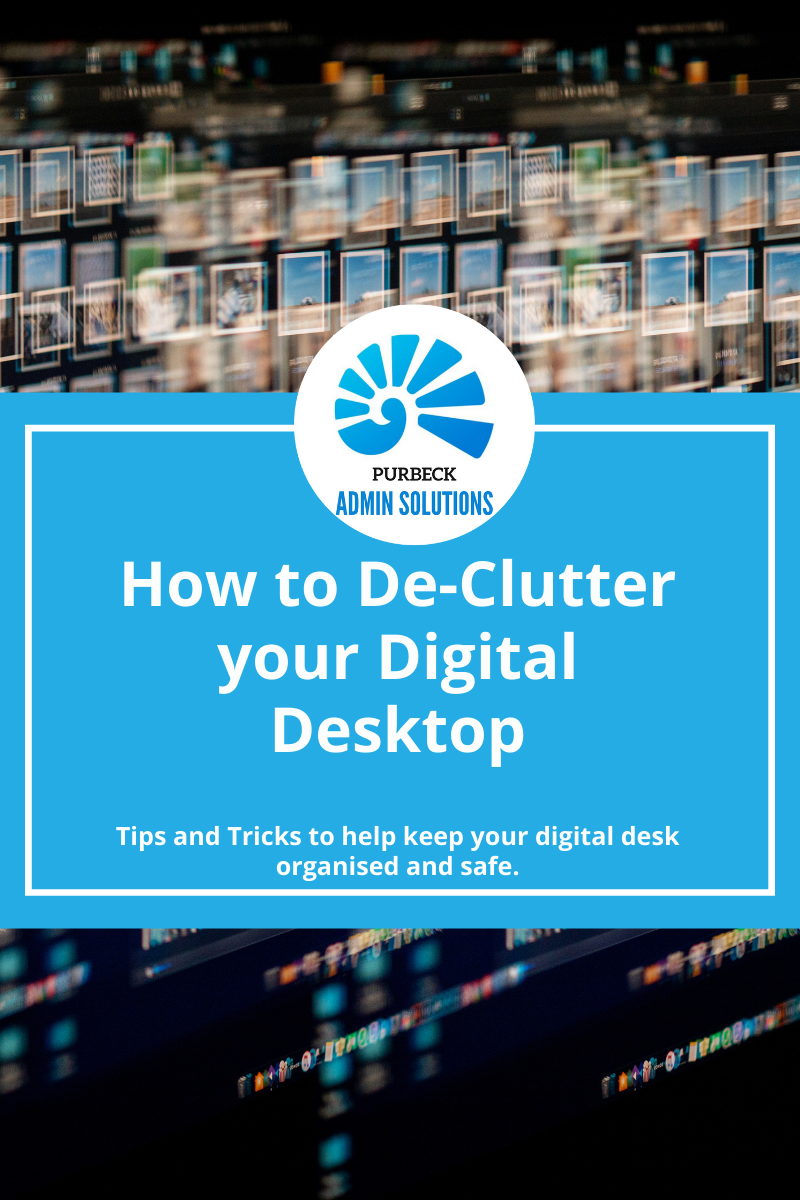How to write a website (and how to get people to read it!)
- Nikki Rutter
- Sep 7, 2021
- 2 min read
When we sit down to write our website, it is hard to know where to start.

Always do your research - take a look at your competitors and compile a list of Do's and Don'ts.
But when it comes to writing the content, there are a few simple rules that you can follow.
1 - Know your audience
Sounds simple, but have you ever actually thought who your audience is? Who are you trying to reach with your website? How will they find your website? Your audience will find your website through social media, email sharing, marketing materials and search engines. Search engines are powerful tools and can be a brilliant resource if you consider them when writing your content. Consider what your audience would be searching for, and ensure that you use that in your content. It doesn't matter how well written content is, it means nothing unless it gets found by your potential clients.
2 - Structure content like an inverted pyramid
People have short attention spans and will decide in seconds whether or not your company is right for them. When writing your content, start your page with the important messages at the top. Who? What? Where? Why? When? How? The middle of your page should be the crucial information expanding on the above. The story. The background. The evidence. All leading on to the more involved and technical details towards the bottom of the page. Extra information. Related content. Testimonials.
3 - Call to action (CTA)
What do you want your potential client to do now? It is all well and good that they have not only found your page, but also read the content of your website, but you need to tell them what to do next. Who do they contact? Which page of your website should thy go to next? Should they watch a video? Sign up to your blog or newsletter? Download a free brochure? Never leave a page without a call to action, or your client may just move on to the next business.
4 - Make text scan-able
We have mentioned before the low attention spans of potential clients, so make it easy for them to read your page. Highlight any important words or text in bold to allow the reader to skip between your major points. Use bullet points Allow blank space on your page, it makes the reading much more friendly Avoid light coloured fonts Divide your page into sections - add links at the top of the page to allow the reader to simply skip to the relevant section for them (they also help search engines to find you!)
Ultimately, if you need advice and support on your website content - get in touch with a professional. They don't need to cost the earth for the service, take a look in your local area at virtual assistants and the experience they have. At the end of the day, better to invest now and have a well written website to attract your clients than realised a year down the line that even though your website is fantastic, no-one has ever actually read it (well apart from you and your supporters).




Comments